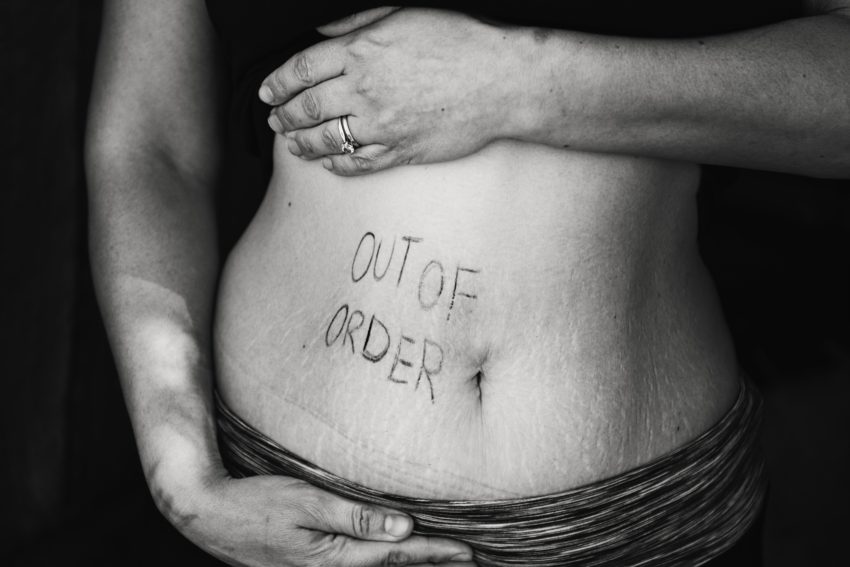Every year it seems more and more women come into our clinic because they and their partner are having difficulty conceiving. Some difficulties are age related, while others are health, or lifestyle related. We like to say, when it comes to fertility, your physiological age matters more than your chronological age. This means whether you are 24 or 44 there are certain lifestyle factors that can be used to maximize your fertility and prepare your body for the healthiest pregnancy possible.
When couples decide they are ready to start a family they typically want to become pregnant as soon as possible. Totally understandable, but it is important to know that it takes about 100 days for the egg to develop prior to ovulation and for men, approximately 116 days is needed for sperm production to be completed. This means that the 3 months leading up to conception are crucial to the health and well-being of your potential child.
It’s important to consider fertility preparation from both the female and male perspective, after all, half of a child’s DNA comes from the male. It’s because of this that we recommend these lifestyle changes to both parties when preparing for and optimizing fertility.
1. Eat whole foods. This means to eat foods that you can buy in their natural state. Fresh fruits and vegetables, preferably organic. Organic and/or grass fed meats. Wild caught fish. Free range, or better yet, organic eggs. Avoid all processed foods (including fast foods and those from chain restaurants). Limit sugar consumption. Limit dairy and use only organic. Avoid soy products (except those that are fermented such as soy sauce, miso, natto, tempeh). Use healthy fats which include olive oil, coconut oil, pasture raised butter. Avoid hydrogenated and/or highly processed oils such as canola, soybean, corn, vegetable, sunflower, safflower and any form of margarine. Remember, everything you put in your body during this time will effect the quality of the egg or sperm and the environment in which your child develops.
2. Avoid toxins and chemicals found in body products, household cleaners, plastics (including water bottles, food storage containers, canned food linings), pesticides, hair dyes, paint fumes. Look at the ingredient labels on your bath, beauty and cleaning products. It can be shocking what is in some of them!
3. Get plenty of sleep, take steps to improve your sleep if necessary. Come see us, or visit our previous blog post for tips.
4. Avoid over the counter medications and/or prescription medications that are not absolutely essential. Seek natural health options when they are available.
Of course, each couple and individual has unique factors that can contribute to their fertility and overall health. If you have any questions please call us or schedule an appointment.



